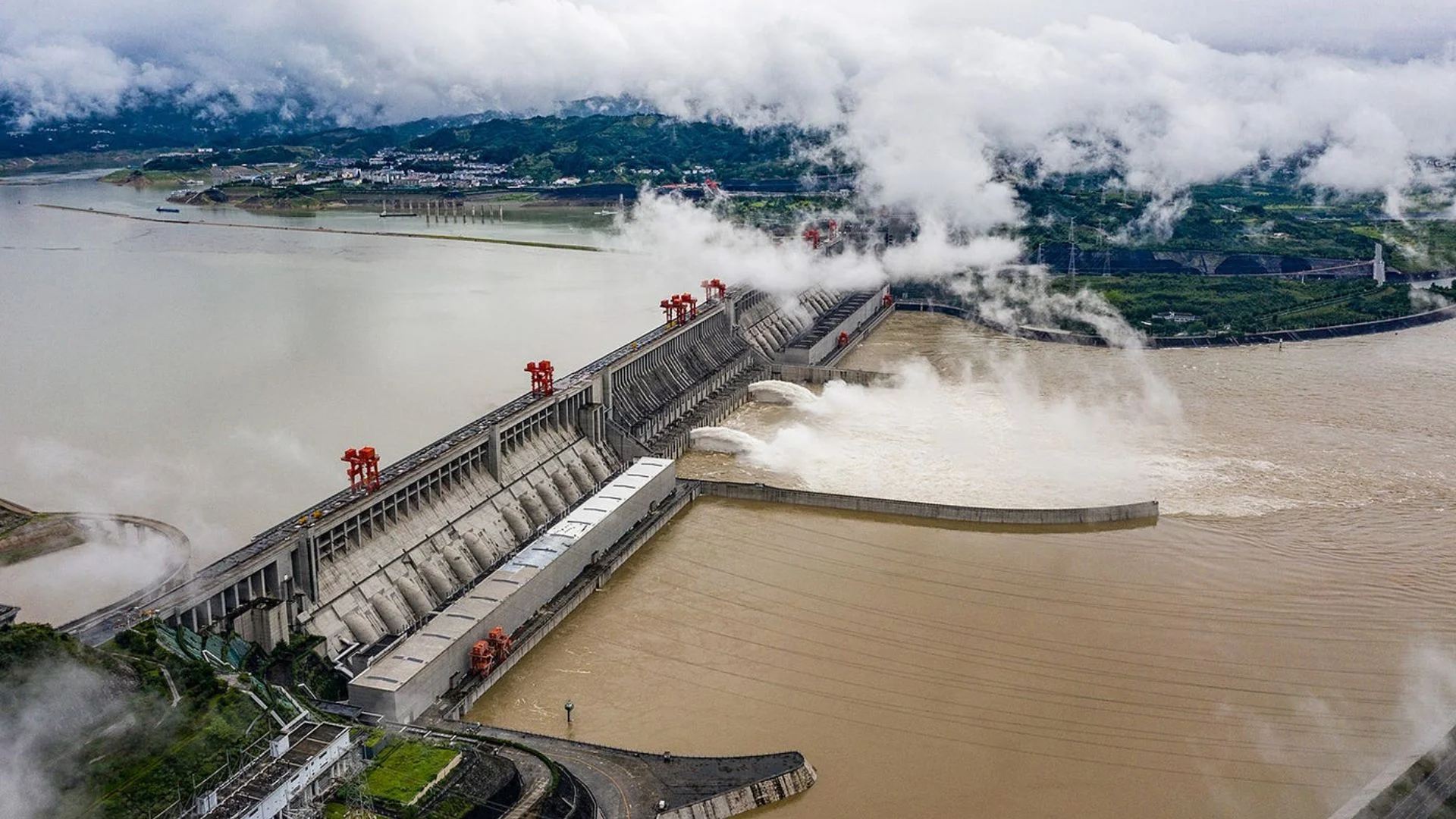
The Three Gorges Dam in China’s Hubei province, recognized as the world’s largest hydroelectric dam, has been found to impact Earth’s rotation, according to IFL Science. Situated along the Yangtze River, the dam harnesses water flow from three gorges Qutangxia, Wuxia, and Xilingxia to generate electricity.
NASA first identified the dam’s Earth-altering capabilities in 2005, linking it to changes in the planet’s rotation following the catastrophic 2004 Indian Ocean earthquake and tsunami. NASA’s blog elaborated on how shifts in mass distribution can slightly affect Earth’s moment of inertia and rotation.
Similar to the effects of significant earthquakes, the movement of tectonic plates can alter the planet’s spin. Following the 2004 earthquake, NASA reported that the redistribution of mass resulted in a decrease in the length of a day by 2.68 microseconds.
Experts highlight that the substantial water volume held by the Three Gorges Dam approximately 40 cubic kilometers (10 trillion gallons) can similarly influence Earth’s rotation. Dr. Benjamin Fong Chao, a geophysicist at NASA’s Goddard Space Flight Center, calculated that this mass shift could increase the length of a day by 0.06 microseconds and shift Earth’s pole position by about 2 centimeters.
While these changes may seem minimal compared to those caused by large earthquakes, they are noteworthy for a man-made structure. IFL Science also noted that human activity affects Earth’s rotation in other ways, particularly through climate change. The melting of polar ice caps and rising sea levels have shifted mass toward the equator, contributing to a gradual slowing of the planet’s spin and resulting in slightly longer days.















